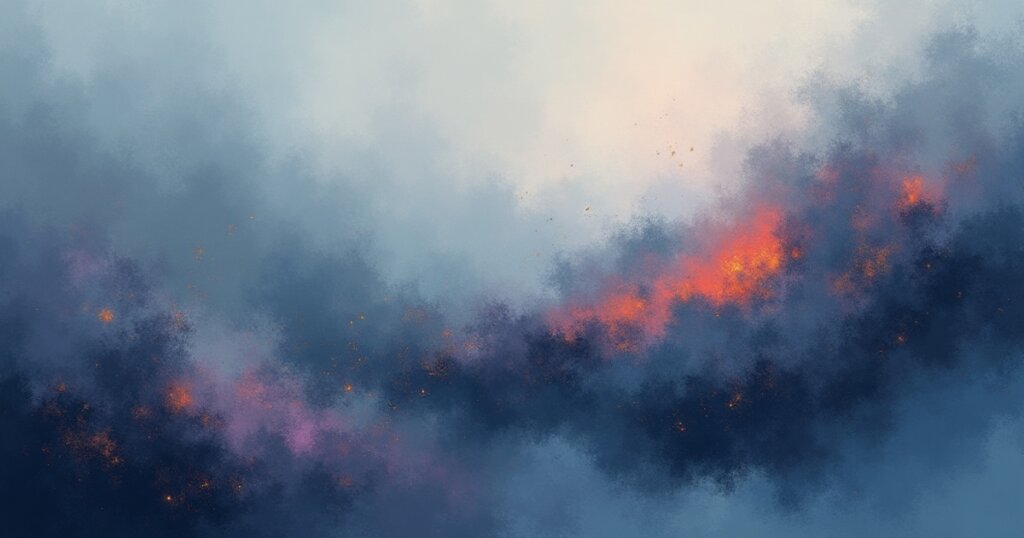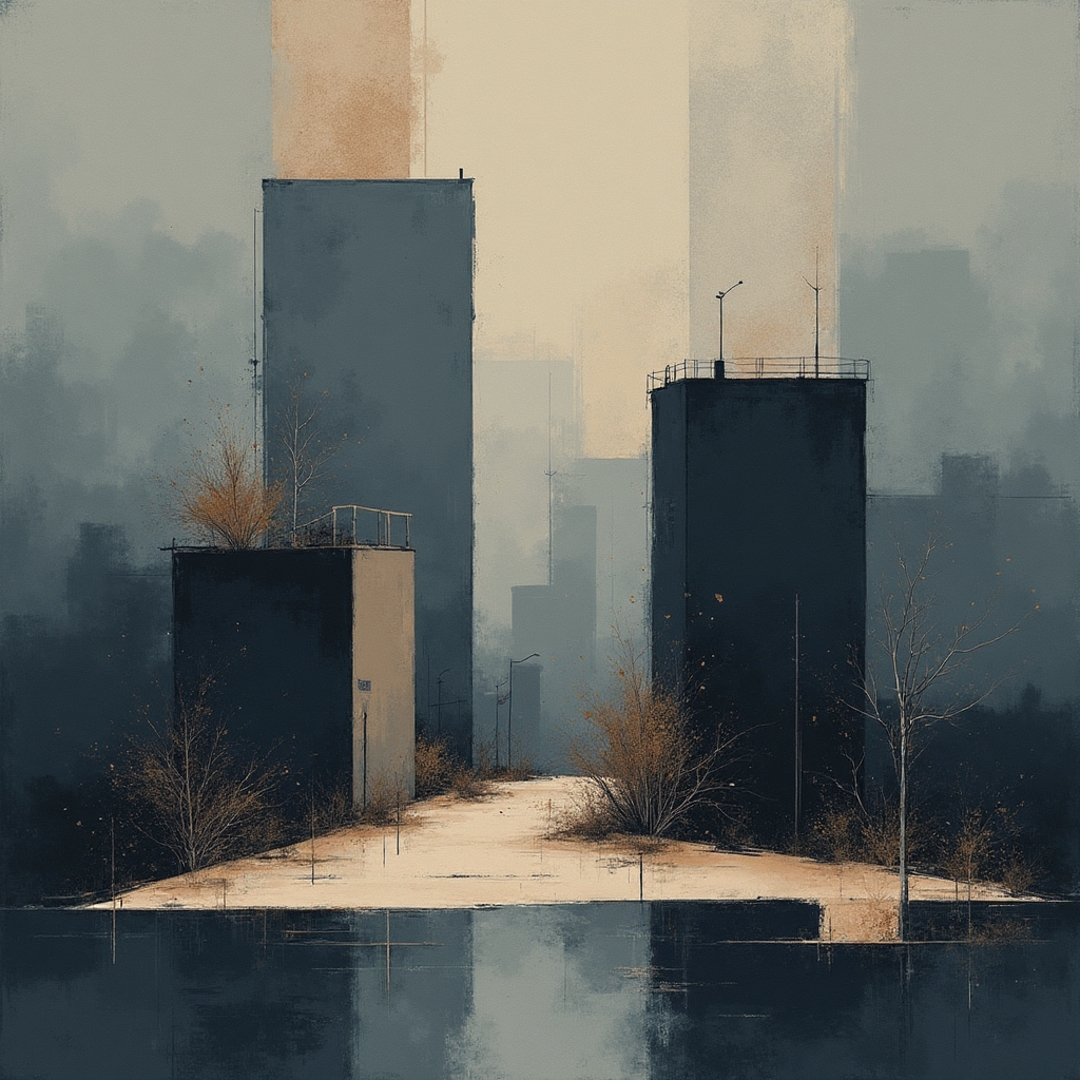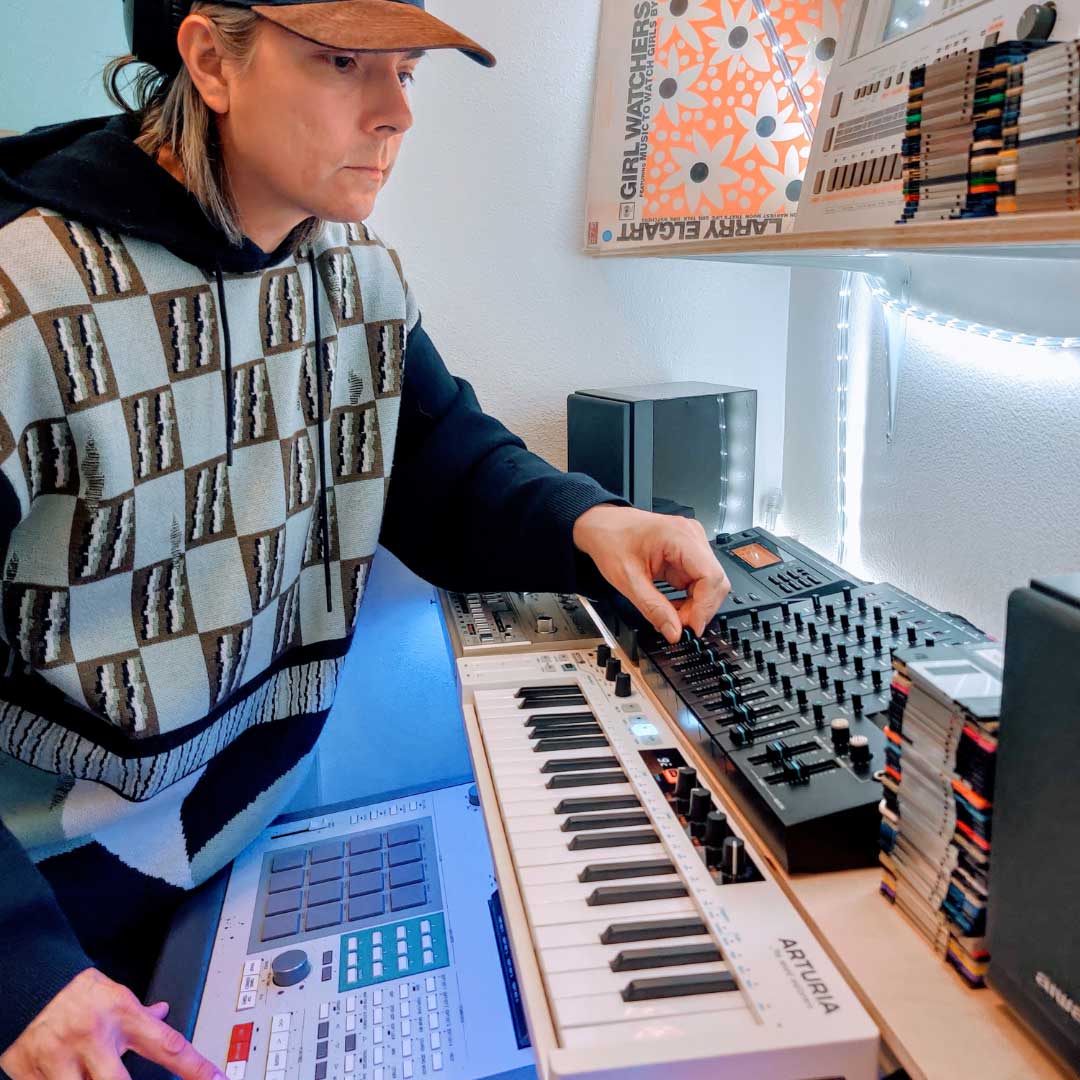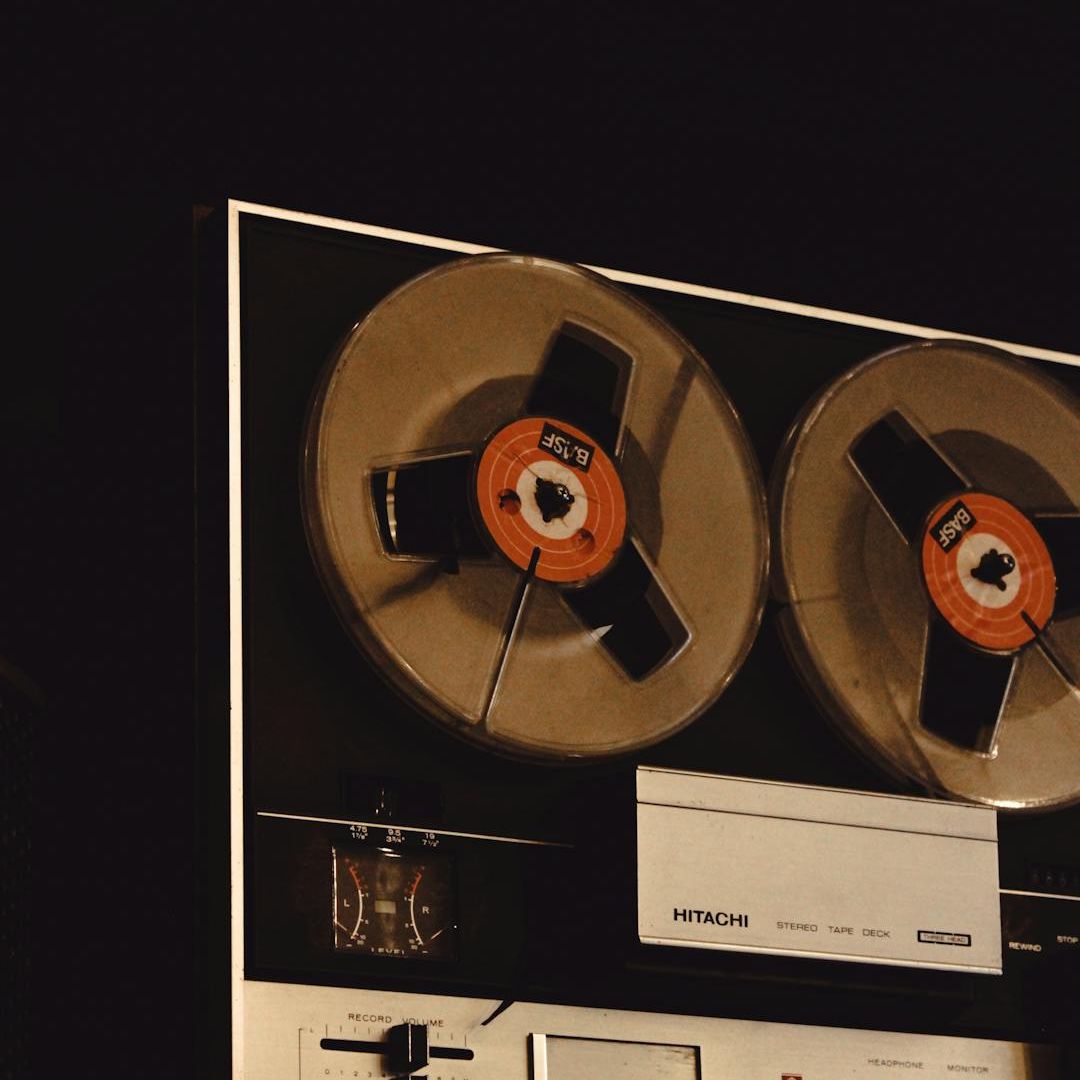Why the Underground Needs a New Sermon
There’s a sound you can almost see: the static between two breaths, the faint thud of a snare buried under velvet dust. I’ve carried that sound since 2010. It changed how air moves in a room. It wasn’t nostalgia or throwback fetish; it was a temperature shift.
Roc Marciano engineered that. He paved the way for the Griselda takeover, around the same time Alchemist was playing his Russian Roulette.
Marci didn’t just rap over loops; he re-tuned the atmosphere. Fifteen years later, we’re still living inside that reverb, in the same church. Only now the incense smells fake.
The pivot: when subtraction became structure
Hempstead, NYC, in case you didn’t know, wasn’t new to the rap map — Rakim, Public Enemy, EPMD, MF DOOM, De La Soul. Roc wasn’t a rookie either: Flipmode alumni, The U.N. frontman, and that early Pete Rock orbit (two cuts on Petestrumentals; later, U.N. or U Out).
But Marcberg wasn’t a comeback or homage; it was a correction. He pulled the plug on bombast and left the hum. The silence between kicks became part of the rhythm. He built dynamic minimalism long before anyone called it “drumless.” The drums are there, but dissolved, muscle under linen.
Reloaded confirmed the thesis, restraint as a weapon. A phenomenal pen shaped the mantra.
Marciano’s real innovation isn’t “drumless”. The drums are in the sample, by the way — blended by intent. If you’re looking for the true pioneer in the technique, the name is The RZA, folks.
It was dynamic minimalism: negative space as arrangement, imagery as percussion, references as architecture. Marci, anyway, didn’t revive a ’90s shrine. He changed how time feels in a rap record.
He turned subtraction into architecture, not absence, but tension. He made every pause feel paid for.
And he showed the formula to many people, on both sides of the pond, simply by releasing his music.
Ka’s shadow logic (and light)

Ka (God bless the dead, may he rest in power) took a parallel path from Natural Elements and Nightbreed into the quietest kind of revolution.
Iron Works (2007) slid across the chessboard into GZA’s hands; the bond with Roc formed, and the diction sharpened into parables. Grief Pedigree. Honour Killed the Samurai, just to name a few. Always independent. Always exact. NYFD shift in the morning, scriptures at night.
Ka made complexity feel inevitable. Marciano made luxury sound monastic. Together, they outlined a lane that half the underground still uses as a GPS.
Metal Clergy: the album that exists because we willed it to
In 2012, the two quietly announced Metal Clergy and a title that doubled as doctrine: Piece Be With You. “Piece” as a firearm; “peace” withheld. The anticipation felt like Detox, but with consequences. Over the next decade, they left a breadcrumb trail: We Do It, Iron Age, Not Told, Nine Spray, Soap Box, Fall of The Bronze, Squeeze, Day 81, Confucius, Marksmen, Ephesians, and some other cuts.
On StrettoBlaster, we did the obvious act of devotion: compile the canon into a seamless sequence — the lost Clergy album that already plays like a classic. That exercise wasn’t fan fiction. It proved a point: when two singular writers keep crossing paths with intent, the form self-assembles.
Then the ritual became a preset
And then came the congregation.
Producers traded compressors for crust. Rappers discovered the power of the slow snarling and never looked back. Somewhere between devotion and laziness, texture became theology.
Every week, another tape, another saint in the same church of scarcity. Another copycat, sorry.
You know the liturgy: obscure soul sample, stripped-down structure, whispered threats, food metaphors. “Rigatoni.” “Fettuccini”. “Caviar dreams.” “God body in Margiela.”
They all bought the same drum(less) kit. They all forgot the sermon.
It isn’t a tragedy: it’s inertia. Grain mistaken for grit. Authenticity reduced to an aesthetic preset.
The underground didn’t die; it just started curating itself to death.
When rebellion becomes routine, you can polish decay forever and call it patina.
Here’s the problem: a decade later, the surface of that language — dusty loop, foreign-car menace, culinary double entendres, scripture-adjacent titles, cinematic references, staccato flow, and whatnot — became a preset.
I’m not pointing at names. I’m pointing at comfort. If you already know the feeling of a record before pressing play, you’re not listening to danger — you’re consuming décor.
Who’s still cutting? (and why)
There are still knives on the table, thank God.
A handful still draw blood.
Roc Marciano keeps writing in oil and ash— albums that move like exhibitions. Ka left a blueprint of moral geometry — pared, purposeful, dense. Beyond them: when Billy Woods writes, rooms rearrange themselves.
When Boldy James is lucid, the calm is terrifying. On the edge cases — MIKE, Navy Blue, Young Morpheus, Pink Siifu — the mix sometimes breaks in a way that lets oxygen in.
The lesson isn’t “return to real.” It’s “earn the hush“. Let the beat hinge on absence, but only if your writing can hold the weight. If not, well, don’t waste your time, brothers. Get a job.
Danger now lives in form, not content.
What comes after Marcberg?
If Marcberg turned minimalism into structure, the next frontier isn’t dustier loops; it’s structural risk. Try meter that limps on purpose. Silence that isn’t a flex but a fault line. Hooks that hide in your third listen. Narrative that refuses the hero’s arc. Drums that only appear once — like an omen.
Stop worshipping the texture of authenticity. Build new procedures for honesty instead. The tools don’t matter; the stakes do.
The underground doesn’t need another “return to form.” It needs artists willing to ruin the mix and save the song. If you’re going to invoke Marciano’s discipline, earn it with something unpredictable: unhinge the cadence; write the scene you’re afraid to admit; drop the beat where the apology should go.
Luxury without danger is wallpaper. We’ve been staring at the same wall too long.
Post-script: The house Roc built? Keep the foundations. Knock out a few load-bearing walls. Let air and weather do damage. Break the windows. Then write something that can live there.







